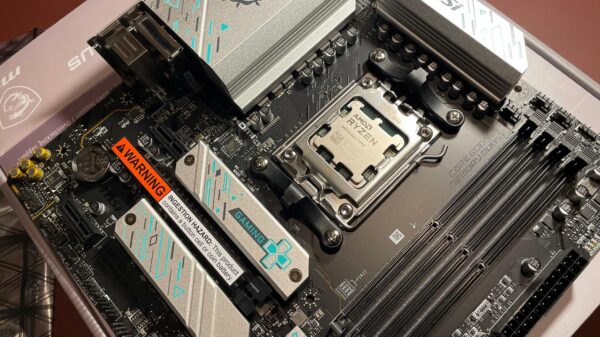UPDATE: The Trump administration has urgently requested the Supreme Court to suspend a federal court order mandating full SNAP (Supplemental Nutrition Assistance Program) benefits for approximately 42 million Americans. This move comes after the 1st Circuit Court upheld the order earlier today, heightening concerns over food security as the government shutdown continues.
The Justice Department filed an emergency appeal just moments after the 1st Circuit denied its request for a temporary administrative stay. With the looming deadline, the U.S. Department of Agriculture (USDA) is expected to comply with the order and ensure full SNAP payments are processed by the end of the day today, November 3, 2023.
In his urgent appeal, Solicitor General D. John Sauer argued that the lower court’s decision undermines the separation of powers, claiming it effectively places the court in charge of federal budgeting. “The core power of Congress is that of the purse,” he stated, emphasizing the challenges of allocating limited resources amid the ongoing crisis.
Earlier today, a USDA official notified states that it was preparing to meet the court’s order for full SNAP benefits despite the administration’s earlier statements indicating only partial payments would be possible due to the government shutdown. This legal battle emerged after cities and nonprofits filed a lawsuit against the USDA, fearing the shutdown would leave millions hungry.
Judge John McConnell, who is overseeing the case, expressed frustration at the government’s failure to comply with his order, accusing officials of using SNAP benefits as a political tool. He pointed to a recent statement from President Trump that suggested benefits would only be distributed once the government reopens, raising alarms about the administration’s commitment to following court orders.
In a significant twist, Judge McConnell has insisted that the Trump administration must tap into contingency funds to provide full benefits, a move that the administration argues could jeopardize other critical food assistance programs. The USDA claims to have around $4.6 billion in contingency funds, but estimates indicate that providing full SNAP benefits would require nearly $9 billion.
As the court deliberates, advocates for low-income families are urging swift action, warning that any delay in payments could have devastating consequences for millions of Americans relying on SNAP for their basic food needs. “The harm to individuals and families is immediate and severe,” they stressed, calling on the courts to prioritize the need for full benefits now.
The situation remains fluid as the Supreme Court considers the administration’s latest request. With the fate of food assistance hanging in the balance, the urgency of this case could have lasting implications for millions of vulnerable Americans.
Stay tuned for more updates as this developing story unfolds.








































































